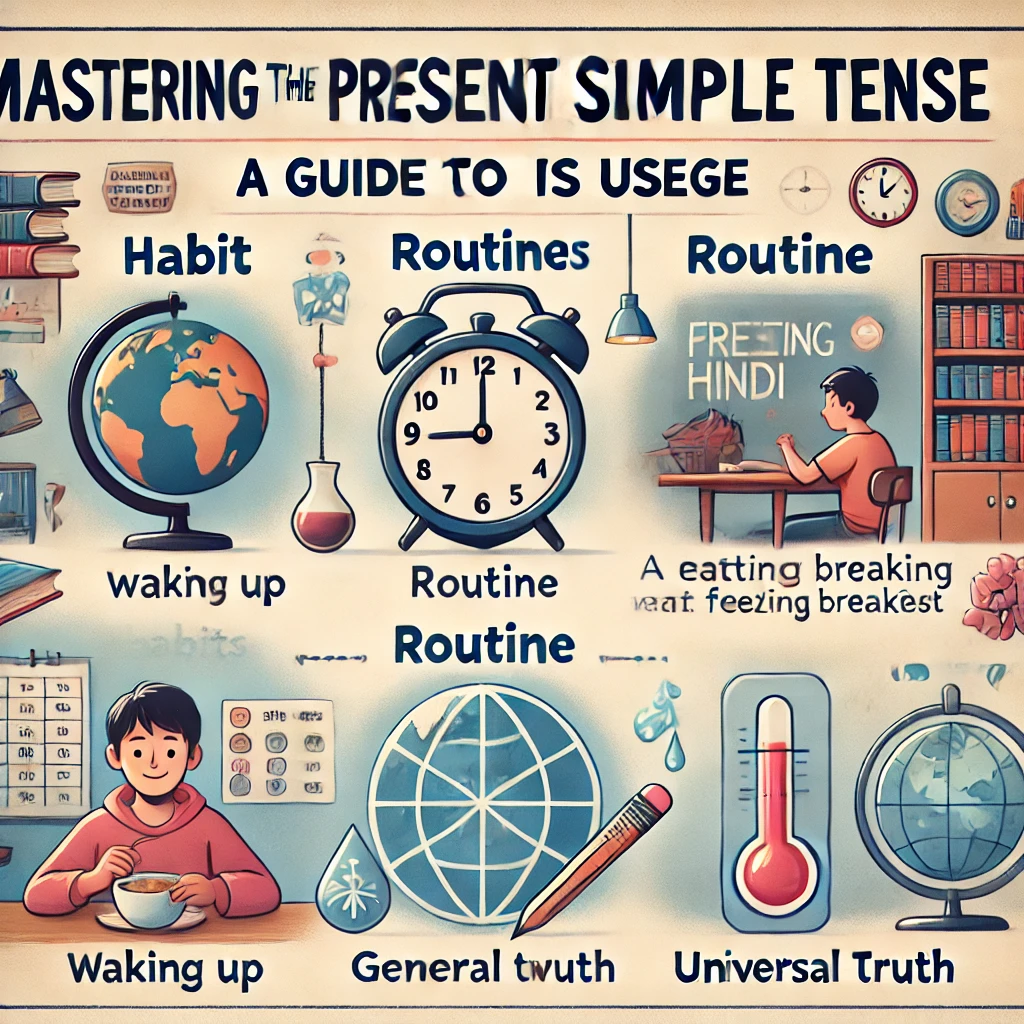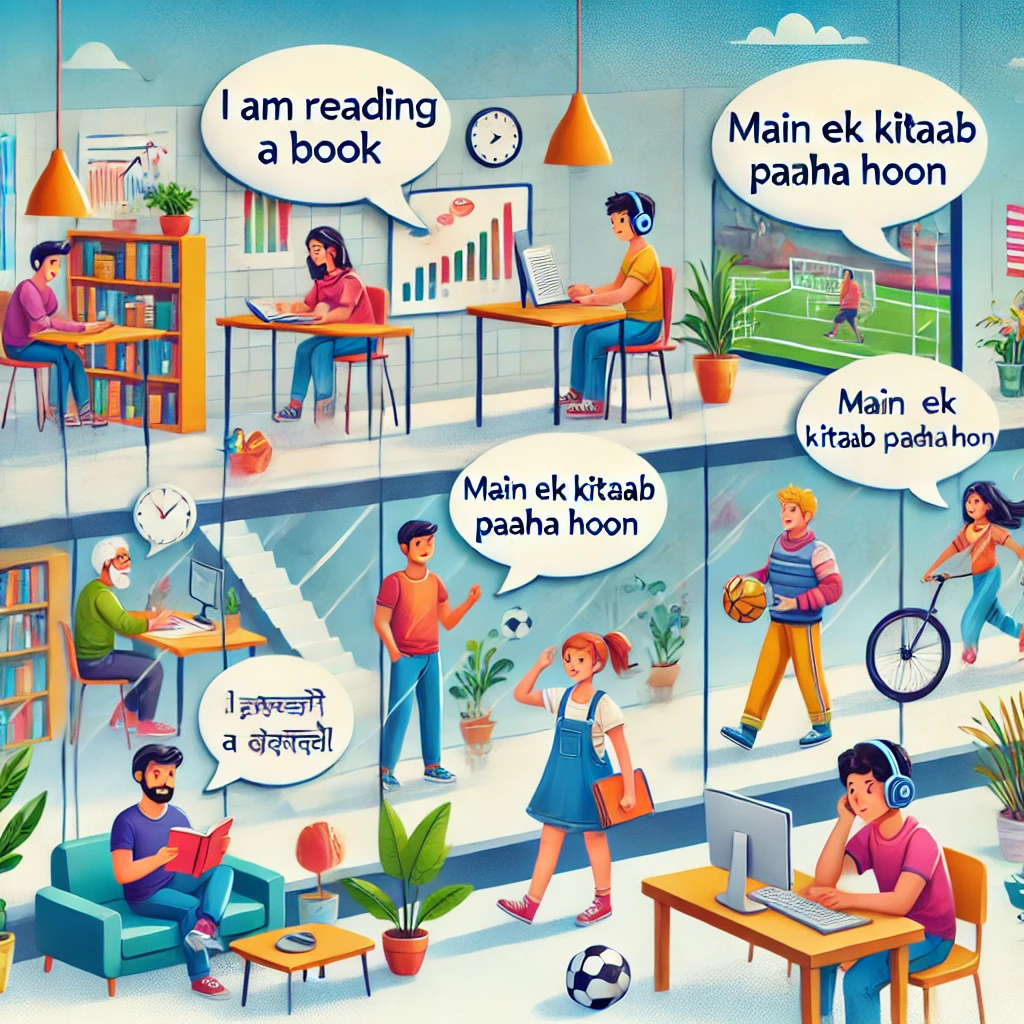English Explanation of Misunderstandings in Future Perfect Tense:
The Future Perfect tense (will have + past participle), expressing an action completed before a specific point in the future, often presents significant challenges to rural Indian English learners. Their understanding of time and tense, shaped by Hindi grammar, can lead to misinterpretations. For instance, the subtle difference between "I will have finished" (implying completion before a future event) and "I will finish" (simply indicating future action) might be missed. The concept of a "future" point of reference preceding another future event can be abstract. Furthermore, direct translations from Hindi often fail to capture the nuanced meaning. The lack of a direct equivalent in Hindi further complicates the learning process. The emphasis on completed action before a future point can clash with the more flexible approach to tense used in spoken Hindi, leading to incorrect usage and misunderstandings in context. Finally, the presence of multiple auxiliary verbs ("will have") can be confusing, especially compared to simpler Hindi sentence structures.
Hindi Explanation of Misunderstandings in Future Perfect Tense:
भविष्य पूर्ण काल (will have + past participle), जो भविष्य के किसी विशिष्ट समय से पहले पूरी हो चुकी क्रिया को दर्शाता है, ग्रामीण भारतीय अंग्रेजी सीखने वालों के लिए अक्सर चुनौतीपूर्ण होता है। हिंदी व्याकरण से आकार लिया उनका समय और काल का बोध, गलतफहमियों को जन्म दे सकता है। उदाहरण के लिए, "I will have finished" (किसी भविष्य की घटना से पहले पूरा होने का तात्पर्य) और "I will finish" (केवल भविष्य की क्रिया को दर्शाता है) के बीच सूक्ष्म अंतर उन्हें समझ में नहीं आ सकता। भविष्य के किसी बिंदु को दूसरे भविष्य के घटनाक्रम से पहले रखने की अवधारणा अमूर्त हो सकती है। इसके अलावा, हिंदी से सीधा अनुवाद अक्सर सूक्ष्म अर्थ को नहीं पकड़ पाता है। हिंदी में इसके सीधे समतुल्य के अभाव से सीखने की प्रक्रिया और जटिल हो जाती है। भविष्य के एक बिंदु से पहले पूरी हुई क्रिया पर जोर देना, बोली जाने वाली हिंदी में काल के अधिक लचीले उपयोग के साथ टकराव कर सकता है, जिससे गलत उपयोग और संदर्भ में गलतफहमियां पैदा होती हैं। अंत में, कई सहायक क्रियाओं ("will have") की उपस्थिति भ्रमित करने वाली हो सकती है, खासकर हिंदी के सरल वाक्य संरचनाओं की तुलना में।
| English | Hindi | Roman Hindi |
|---|---|---|
| By next year, I will have finished my studies. | अगले साल तक, मैं अपनी पढ़ाई पूरी कर चुका/चुकी हूँगा/हूँगी। | Agle saal tak, main apni padhai puri kar chuka/chuki hoonga/hoongi. |
| She will have left for Delhi by evening. | शाम तक वह दिल्ली के लिए रवाना हो चुकी होगी। | Shaam tak vah Delhi ke lie ravana ho chuki hogi. |
| They will have completed the project by the deadline. | वे समय सीमा तक परियोजना पूरी कर चुके होंगे। | Ve samay seema tak pariyojana puri kar chuke honge. |
| We will have eaten dinner before the movie starts. | फ़िल्म शुरू होने से पहले हम डिनर कर चुके होंगे। | Film shuru hone se pehle hum dinner kar chuke honge. |
| He will have written the letter by tomorrow. | वह कल तक पत्र लिख चुका होगा। | Vah kal tak patr likh chuka hoga. |
| The birds will have migrated south by October. | अक्टूबर तक पक्षी दक्षिण की ओर प्रवास कर चुके होंगे। | Aktoobar tak pakshi dakshin ki or pravas kar chuke honge. |
| Will you have finished your work by Friday? | क्या आप शुक्रवार तक अपना काम पूरा कर चुके होंगे? | Kya aap shukravaar tak apna kaam pura kar chuke honge? |
| I will have traveled to many places by the time I retire. | जब मैं रिटायर हो जाऊँगा तब तक मैं कई जगहों की यात्रा कर चुका/चुकी हूँगा/हूँगी। | Jab main retire ho jaunga tab tak main kai jagahon ki yatra kar chuka/chuki hoonga/hoongi. |
| By next month, they will have launched their new product. | अगले महीने तक, उन्होंने अपना नया उत्पाद लॉन्च कर दिया होगा। | Agle mahine tak, unhone apna naya utpad launch kar diya hoga. |
| We will have solved the mystery by the end of the chapter. | अध्याय के अंत तक हम रहस्य सुलझा चुके होंगे। | Adhyay ke ant tak hum rahasya suljha chuke honge. |




